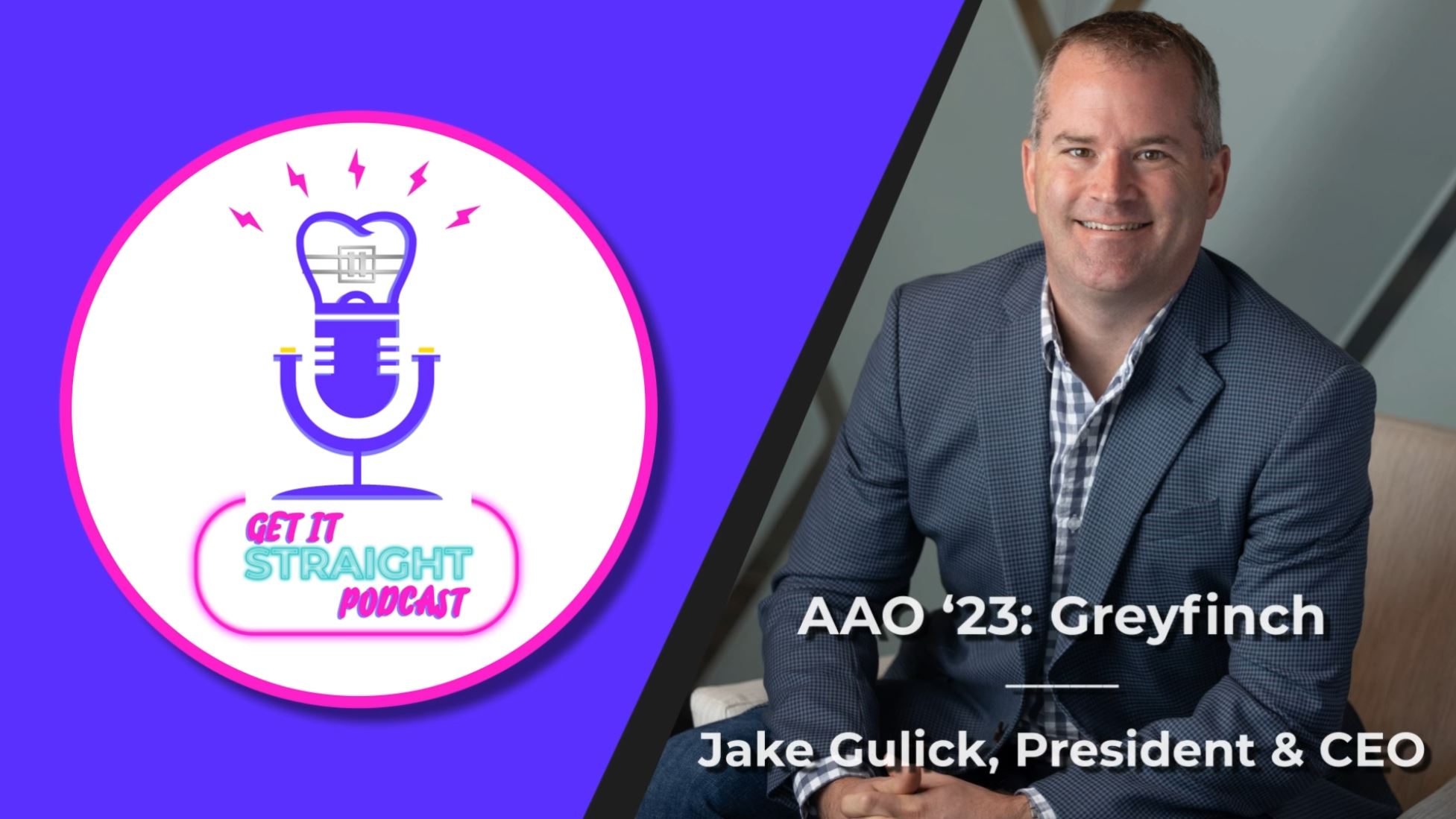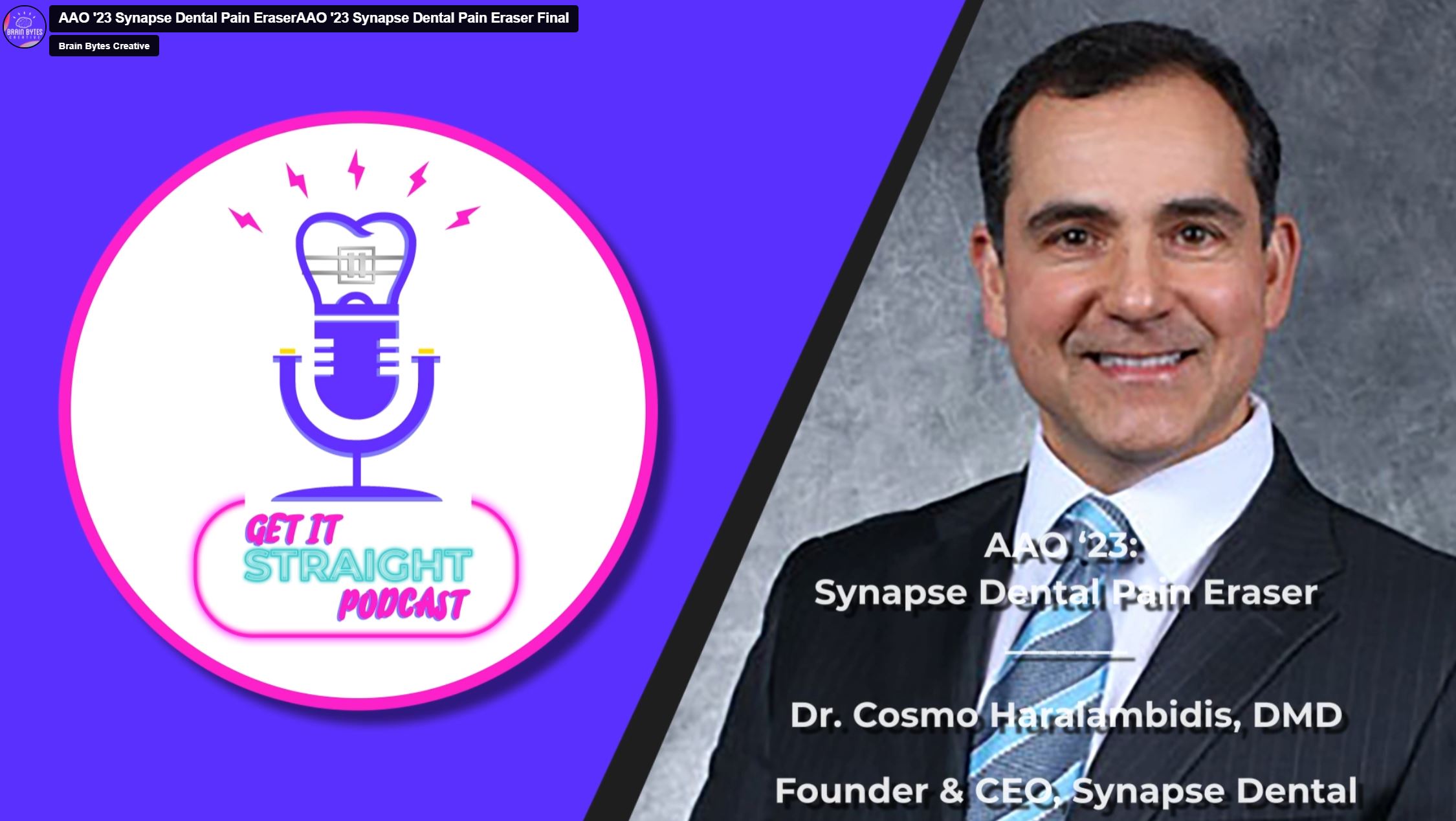
What is a thought leader? It sounds nebulous; a kind of vague term that we assign to the individual at the head of the table in a conference room stock photo.
To set the record straight, here are two undeniable truths I know about thought leaders:
- The definition of “thought leader” is vague. There’s no set amount of thoughts you need to have to qualify as a leader. Basically, you should have more knowledge about a specific subject than 90% of the population, and use that knowledge to become a trusted guide for others. You don’t have to know everything, especially if the public is mostly ignorant. You just need to know more than most people.
- They are one of the most important drivers of marketing trends in the world today. There are a million examples. I’ll get into some of them here, but for now, I’ll say that digital marketing revolves around a person, or business, being able to to answer questions quickly and accurately. This is what a thought leader does. What’s more, a thought leader tries to predict (as best they can) what questions the public will be asking next.
The obvious question is why, right? Why does answering questions matter? Why is being a thought leader so important?
It’s Google’s world

This is a critical fact. Everyday, people say, “It’s amazing how much information is available just on our phones!” If you have a query, you’re probably Googling the answer. Google uses an algorithm to try to find the site with the best answer. Then they ensure it’s the first one you see. In both paid and organic search, the best answers get the best spot. Period. At least, that’s Google’s goal,but as we all know the first results are not always the best.
The algorithm isn’t constant. It’s always changing, trying to provide the best result. That means businesses have to always be changing, too. That’s what’s cool about digital marketing: it’s a constant war of clicks, fought in nonstop daily battles. You can’t ever lose track of it, or you fall behind. If you fall behind, you’re irrelevant.
Google recently changed the landscape of the war in a big way. They changed the meta-description length from 165 characters, to 300 characters. Why? They want to give people answers in the “search results” page. They don’t want people to have to click into a website to answer their questions.
Making the best answers readily available to searchers is a hard task. To do it right, Google crawls the internet. They look for sites with a lot of content centering on whatever question is being asked. The more content you have around a particular subject and keyword, then the more likely you are to rank in search for those topics. That’s where being a thought leader comes in. When you’re providing the answers people are demanding, and people look to you as a resource, that makes you a thought leader.
Provide answers

Here’s where businesses get mixed up: they don’t share information. There’s no one who understands more about a product than the company that makes it. If you’re not providing the answers people want about your product, your prospects will find (and trust) another company that does.
To be a thought leader, you have to be willing to give away your knowledge.
Think about it like this. When people want to see a movie badly enough and they can’t find a way to watch it (no theater near them, or lack of money), they’ll pirate it. The internet finds a way. If people are searching for information, they will find a way to retrieve it. But if you can make that process easy, then why wouldn’t you? There’s so much value to be had by making knowledge available. And yet, some people shy away from it. That’s crazy!
I mean, don’t share your proprietary secrets. But aside from that, consumers are begging for information. That’s not something to fight against. Shouldn’t you be the one providing the answers?
Learn the questions

Being a thought leader in terms of digital marketing means even more than answering questions. You can have the information and be willing to share, but you can still fail to increase business if you don’t transmit and share it the right way.
To answer questions, you have to know what the questions are. And I don’t mean generally. I mean you want to know EXACTLY. What words are people using to ask their questions?
These are keywords. They’re vital. Say you write an article. You answer millions of people’s questions perfectly, but you don’t include the right words in the title or meta-description. You just release some valuable information into the endless vacuum of space.
Seem harsh? Some analysts speculate that each one of us is hit with between 4,000 and 10,000 messages every day. You need to cut through the fluff. You can’t become lost in the shuffle. But that’s what happens when you’re not leading your field.
Website flow mapping is all about thinking of how users will navigate through your site. You add on layers of complexity as you think through how a user will navigate through every page of your website. Many website companies and their clients believe that people go to your homepage first. That could not be more wrong. People arrive on your site by searching Google for a specific keyword and land on a related page. This is why at our agency we see every page as its own “homepage.” By looking at your website holistically, we can control what happens when someone lands on any page and push them into a sales funnel where appropriate so they convert. The next time you are doing a web search, think about where you are landing. Take note. You’ll see that understanding how users navigate though the site is critical to conversions, goal completions, and revenue.
Lead, don’t follow

I don’t want you to lose track of how important being a leader is. Marketing is a constantly changing game. What is and isn’t valued content changes day-to-day, sometimes hour-to-hour.
Google will inevitably reward sites with a wealth of information on sought-after subjects. If you have the most search-relevant keywords, and a lot of content, you’re in good shape. It will be difficult for the competition to catch up if they have to generate 9,000 posts of content just to catch you.
BUT, they will catch you if you don’t keep learning, keep growing. You have to stay on top of trends, events, fashions. A true thought leader is going to identify consumers’ needs, and move to fulfill them. Then, they’re going to be there to answer questions about their business moving forward. Always.
These things add legitimacy to a business, and cultivate trust in their customer base. That’s a path to long-term success.



